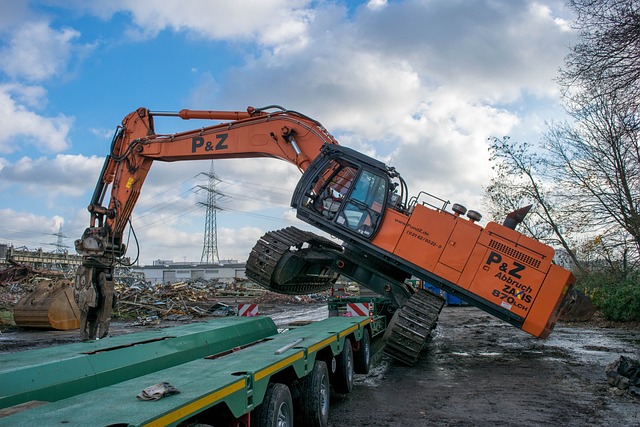Commercial vehicle insurance offers essential protection for businesses that rely on vehicles for their operations. However, like any insurance policy, it comes with exclusions—specific situations or circumstances where coverage does not apply. Understanding these exclusions is critical for businesses to avoid unexpected expenses and ensure they have the right coverage for their needs.
Common Exclusions in Commercial Vehicle Insurance
1. Intentional Damage
Insurance policies typically exclude coverage for intentional acts of damage caused by the driver or other insured individuals. If an employee deliberately damages a vehicle or property, the policy will not cover the costs.
2. Personal Use
Commercial vehicle insurance is designed for business-related activities. If a covered vehicle is used for personal purposes without explicit approval in the policy, claims arising from personal use may be denied.
3. Unauthorized Drivers
Coverage may not extend to drivers who are not listed on the policy or who do not have proper authorization to operate the vehicle. This includes employees without a valid driver’s license or those not disclosed to the insurer.
4. Wear and Tear
Normal wear and tear, including mechanical breakdowns and depreciation, are excluded from coverage. Businesses are responsible for regular maintenance and repairs to keep vehicles in good working condition.
5. Unsecured Cargo
If a claim arises due to improperly secured cargo that causes damage or an accident, the insurer may deny coverage. Ensuring proper loading and securing of goods is critical for maintaining coverage.
6. Driving Under the Influence (DUI)
Accidents involving drivers under the influence of drugs or alcohol are generally excluded from coverage. Businesses must enforce strict policies to prevent impaired driving.
7. Unauthorized Vehicle Modifications
Modifications to the vehicle that are not approved by the insurer may void coverage. This includes changes that increase the vehicle’s value or alter its intended use without informing the insurance provider.
8. Using the Vehicle for Unauthorized Purposes
Commercial vehicle insurance policies often specify the intended use of the vehicle. Using it for purposes outside the scope of the policy—such as racing, towing unauthorized loads, or operating in restricted areas—may result in claim denials.
9. Acts of War or Terrorism
Most commercial vehicle insurance policies exclude damages caused by acts of war, terrorism, or civil unrest. Businesses operating in high-risk areas should consider additional coverage options for these scenarios.
10. Non-Compliance with Policy Terms
Failure to adhere to policy terms and conditions, such as not reporting accidents promptly or failing to maintain required documentation, can lead to claim denials.
Why Understanding Exclusions Matters
1. Prevent Financial Losses
Knowing what is excluded from your policy helps you identify potential gaps in coverage, preventing unexpected out-of-pocket expenses.
2. Ensure Compliance
Adhering to policy terms and conditions ensures that your claims are processed smoothly, avoiding disputes with the insurer.
3. Tailor Coverage to Your Needs
By understanding exclusions, you can work with your insurer to add endorsements or adjust your policy to address specific risks.
Explore more about the importance of coverage and exclusions in What Are the Key Coverages in a Commercial Vehicle Insurance Policy?.
How to Mitigate Risks Related to Exclusions
1. Review Policy Details
Carefully read and understand your policy documents to identify exclusions and ensure your business complies with all requirements.
2. Train Drivers
Implement training programs to educate drivers on safe practices, policy requirements, and the consequences of non-compliance.
3. Maintain Vehicles
Regular maintenance and inspections help avoid claims resulting from mechanical failures or wear and tear.
4. Secure Cargo Properly
Ensure all cargo is securely loaded and follows safety regulations to prevent accidents and related claims.
5. Consider Additional Coverage Options
If your business faces risks excluded from standard policies, discuss additional endorsements or specialized coverage options with your insurer.
Real-Life Example: The Impact of Exclusions
A logistics company faced significant financial losses after an accident involving a driver under the influence. The insurer denied the claim due to the DUI exclusion, leaving the business to cover repair costs and liability expenses. This incident underscores the importance of enforcing strict compliance with policy terms and understanding exclusions.
Final Thoughts
Understanding the exclusions in commercial vehicle insurance policies is essential for businesses to avoid surprises and protect their operations. By reviewing your policy, training employees, and working closely with your insurer, you can minimize risks and ensure comprehensive protection for your vehicles and assets. For more insights on who needs commercial vehicle insurance, visit Who Needs Commercial Vehicle Insurance?.



